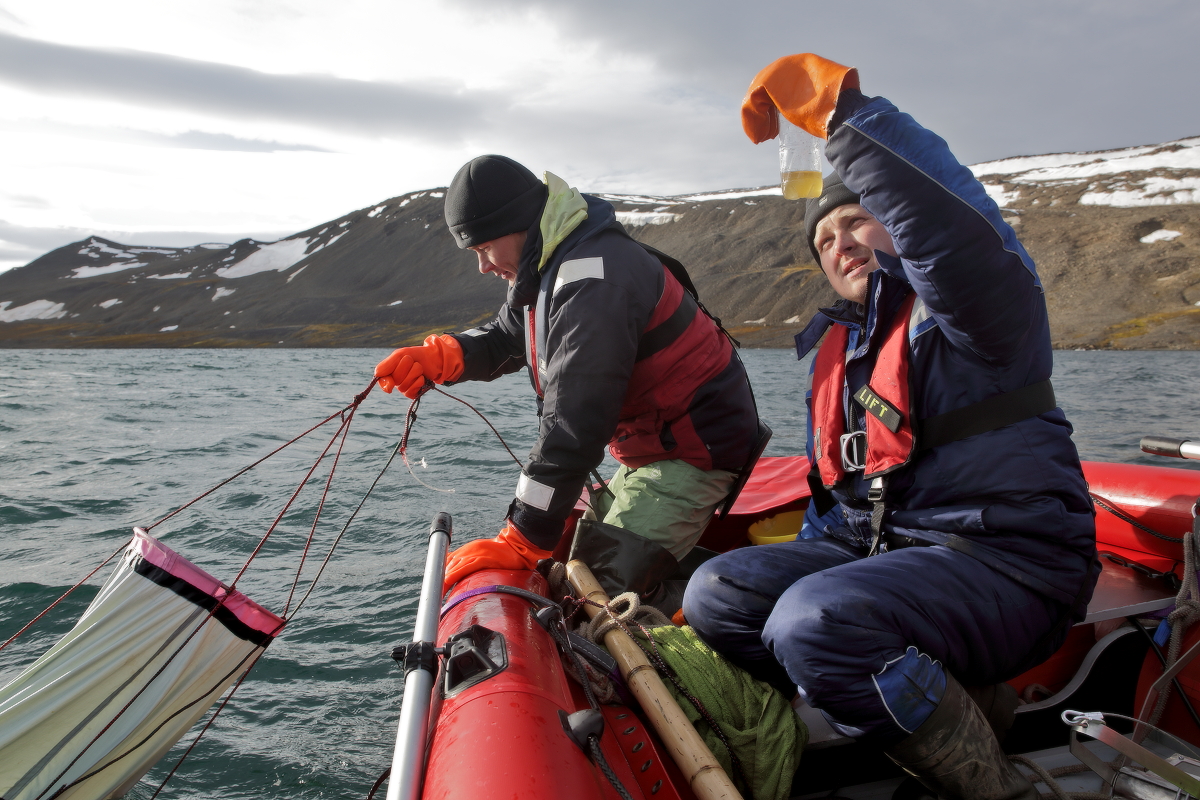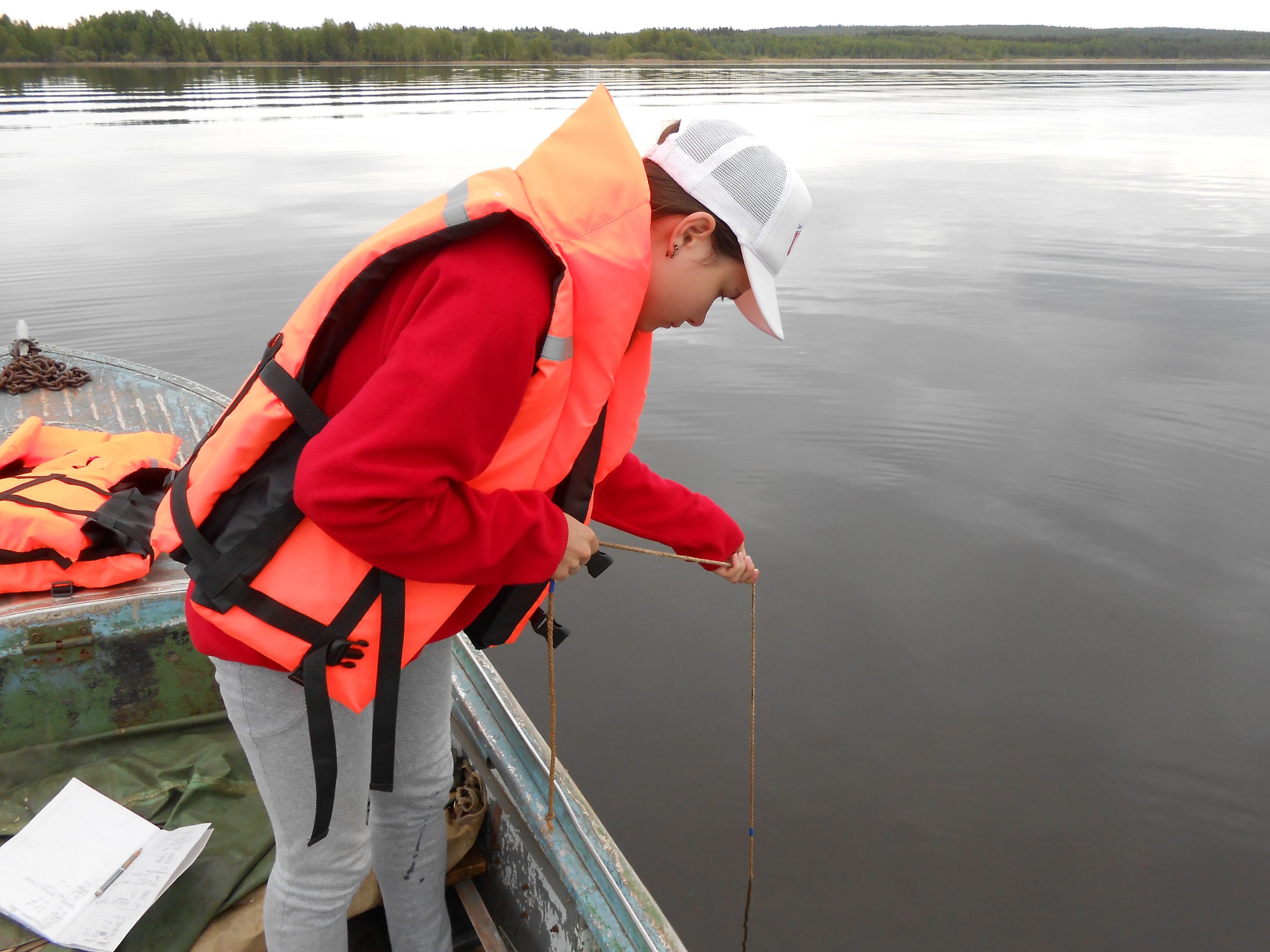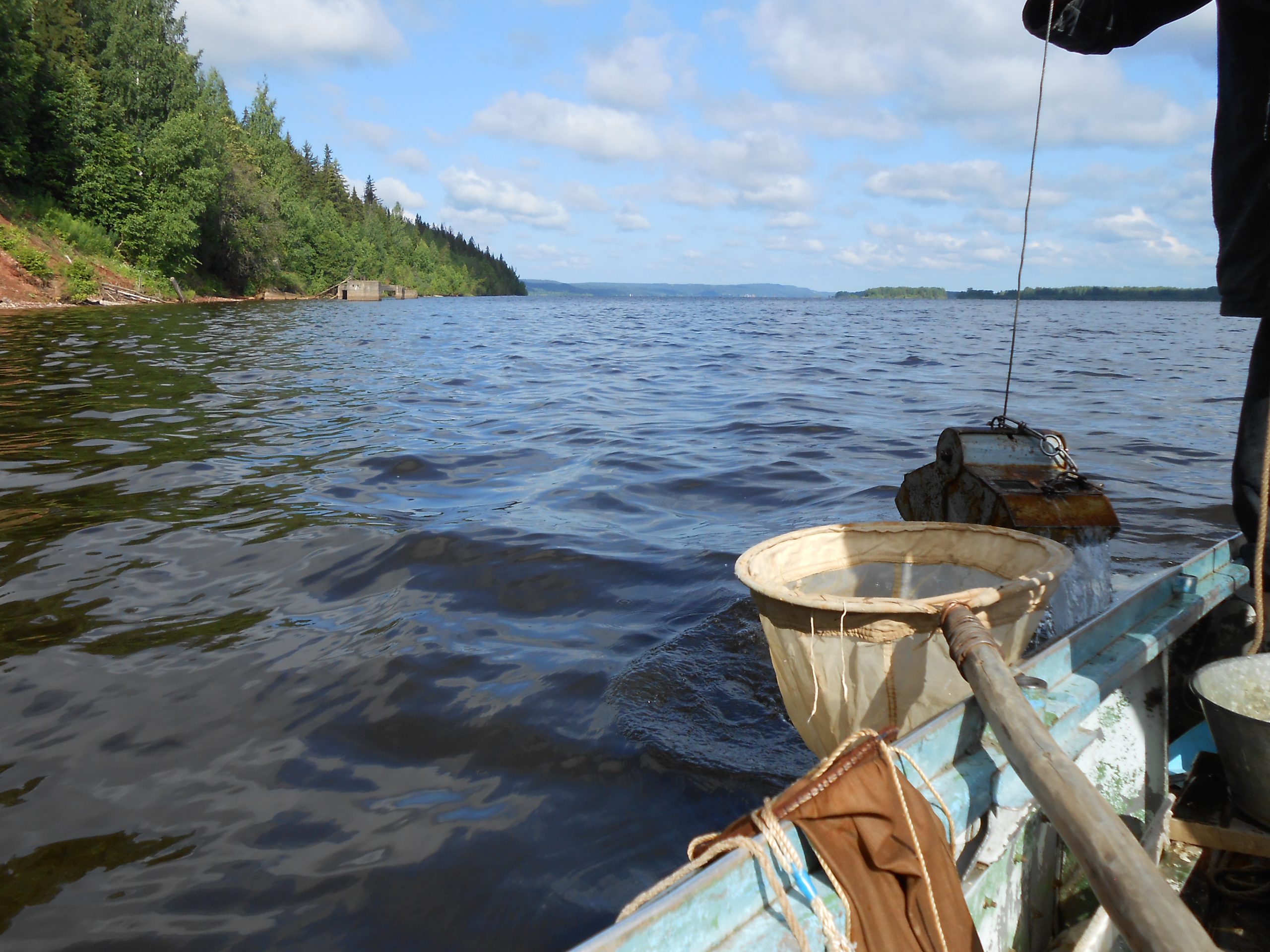Biological and Biotechnological Sciences
Bryozology
• Taxonomic investigation of deep-sea bryozoans associated with polymetallic nodules in Russian exploration area of the Clarion-Clipperton Fracture Zone, Central Pacific
• Taxonomic investigation of deep-sea bryozoans associated with ferromanganese crusts in the regions of tropical Western Pacific (primarily, the Magellan Seamounts)
• Studying deep-water Northwestern Pacific bryozoans associated with seamounts and underwater volcanoes
• Taxonomic and faunal researches of the North Pacific shelf to upper slope bryozoans, including taxa from the Sea of Japan, Kuril Islands, Commander-Aleutian Ridge, Sea of Okhotsk, Bering Sea, and Gulf of Alaska
• Studying intertidal bryozoan assemblages along the North Pacific Rim
• Taxonomic revisions of some North Pacific and Arctic Cheilostome bryozoan genera
bryozoan (moss animals) taxonomy, faunistics, zoogeography, deep-sea bryozoan fauna
contact
Andrei Grischenko
PhD
Head of the Museum of Invertebrate Zoology
Senior Lecturer
gat1971@mail.ru
https://www.researchgate.net/profile/Andrei-Grischenko
https://orcid.org/0000-0002-3883-7266
https://www.webofscience.com/wos/author/record/2342040
https://scholar.google.ru/citations?hl=en&hl=en&pli=1&user=Nk7iTC8AAAAJ
Microbial diversity resources and their biotechnological potential
The dramatically degrading biodiversity requires a radical change in the human and nature relationship, conservation of biodiversity through the development and implementation of high technologies–biotechnologies, i.e. technologies employing living biological systems, including microorganisms–for the implementation of target processes. The subjects of intensive research are microorganisms associated with human activity and involved in restoration of ecosystems affected by this activity. In this regard, one of the priority areas of academic research at PSU is “Microbial diversity resources and their biotechnological potential”, which includes studies of the regulation mechanisms of metabolism and adaptive reactions of microorganisms in order to gain new knowledge of functional genes, their expression in extreme conditions as well as the practical use of microorganisms in biotechnology ranging from the technology of the target product production to technologies for environmental protection.
Microbial diversity, microbial biotechnologies, functional genes, hydrocarbons, pharmaceutical pollutants, biologically active compounds
contact
Department of Microbiology and Immunology
Leaders: prof. Irina Ivshina, prof. Maria, Kuyukina, ass. prof. Anastasiya Krivoruchko
Kuyukina Maria
kuyukina@mail.ru. Research Gate: https://www.researchgate.net/profile/Maria-Kuyukina
ORCID: 0000-0002-9165-8363
WoS ResearcherID: A-7333-2014
Scopus AuthorID: 6603140098
Anastasiya Krivoruchko
nast@iegm.ru. . Research Gate: https://www.researchgate.net/profile/Anastasiya_Krivoruchko
ORCID: 0000-0002-3788-217X
WoS ResearcherID: A-8368-2014
Scopus AuthorID: 55645780300
Genomic and Postgenomic Technologies
• Conducting structural and functional analysis of plant genomes
• Sequencing DNA of rare and resource plant species
• Studying mobile genetic elements in plants
• Defining principles of multiple molecular genetic genomic marking
• Identifying and assessing gene pools of resource plant species, including cereal crops
• Molecular genetic identification and certification of populations and woody plants species
• Using molecular barcoding to solve problems of biodiversity conservation
• Identifying genetic determinants that form practically significant plant traits
• Developing recommendations to conserve genetic resources of the Perm Region and creating a model system for facilitating conservation of genetic diversity of resource plant species
• Molecular genetic analysis of the physical qualities of a person, including the analysis of the genetic predisposition to engage in certain sports (martial arts)
• Molecular genetic analysis of fish populations and brood stocks
structural-functional analysis, genetic diversity and structure, identification, populations, woody plants, crops
contact
Maria Danilova
PhD in Biology
Associate Professor
ruasry@list.ru
https://orcid.org/0000-0002-1916-9709
Diversity and Systematics of Terrestrial Invertebrates
• Studying the systematics and faunistics of Palearctic spiders and myriapods
• Assessing biodiversity of taxa regional and local fauna
• Developing taxonomic hypotheses and systems for unclassified spider groups
• Studying geographical trends of biodiversity
spiders, myriapods, Palearctic, systematics, fauna, biodiversity, geographic trends
contact
Sergei Esyunin
Doctor of Biology
Professor
e-mail: Sergei.Esyunin@psu.ru
ORCID: https://orcid.org/0000-0002-6648-4947
Vertebrate Zoology and Ecology
• Ichthyological research including analysis of fish biology, ecology, and morphological diversity.
• Analysis of fish population and stock unit structure by comparative analysis of biological and morphological characteristics, application of genetics and otolith ICP-MS microchemistry methods.
• Conducting in situ research of microbiome, algal, zooplanktonic, benthic, and fish communities of natural waters polluted by organic, thermal wastewaters and other stressors.
• Biomonitoring and bioindicating aquatic ecosystems contaminated with various pollutants to detect the level of environmental harm by analyzing biotic indexes, fish reaction of cellular immunity, and parasite fauna.
• Conducting in vitro experiments, i.e. evaluating limits of tolerance of aquatic organisms in various temperature and pollution conditions.
• Ornithological research including studies of the avifauna of Perm Krai.
• Monitoring rare bird species included in the Red Book of Perm Krai.
• Analysis of the avifauna of landscapes altered by anthropogenic activities.
• Studies of modern and extinct communities of mammals to perform environmental paleo reconstructions.
ichthyology, ornithology, mammalogy, otolith ICP MS microchemistry, multiple stressors, fish hematology, parasitology
contact
Pavel Mikheev
PhD in Zoology
Associate Professor
pmikheev@yandex.ru
CV
ResearchgateID Pavel_Mikheev
Scopus AuthorID 25228728500
ORCID ID: 0000-0002-0934-6935
Web of Science Researcher ID F-5455-2015
Zoobenthos of Running Water
• Studying fauna and zoogeography of amphibiotic insects (mayflies, stoneflies, caddisflies), freshwater bivalves and gastropods
• Exploring structural and functional characteristics of zoobenthos in Ural watercourses
• Researching the drift of aquatic invertebrates
• Studying fish feeding
• Assessing the quality of water using biological indicators
Ural, watercourses, zoobenthos, fauna, amphibiotic insects
contact
Nikolai Pankov
PhD in Biology
Professor
hydropsyche@yandex.ru
ORCID: https://orcid.org/0000-0003-2322-2215



